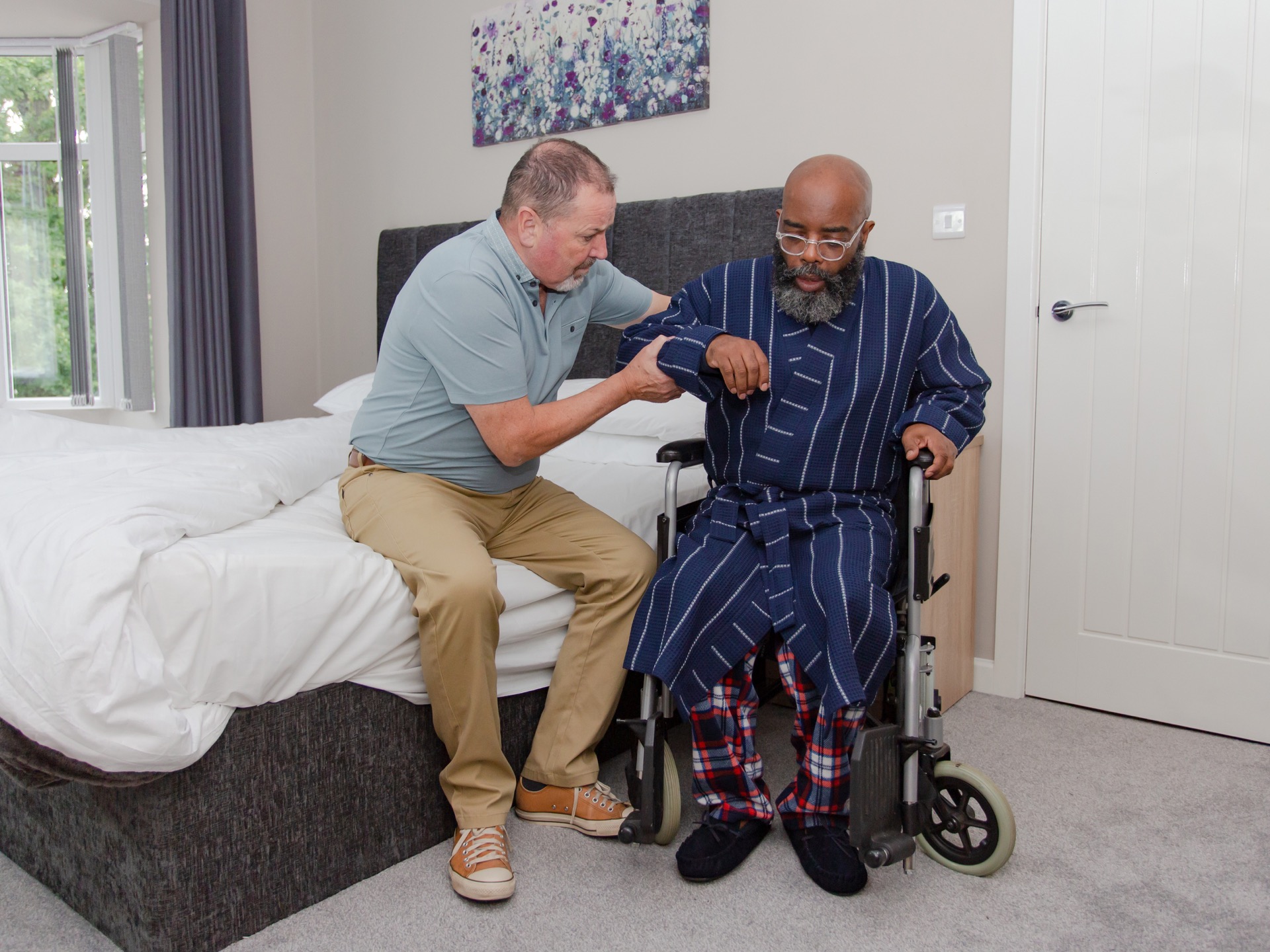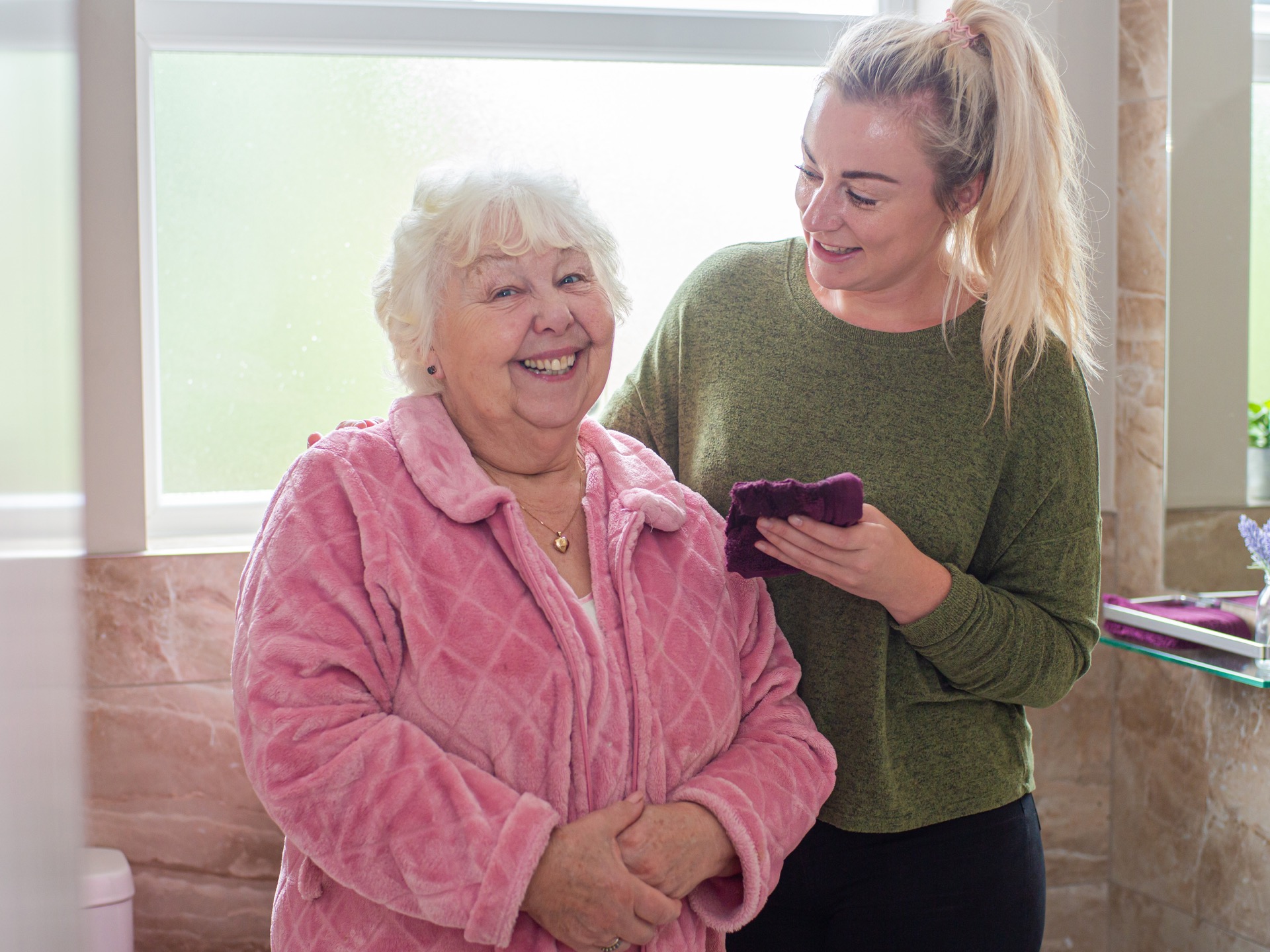Why do the elderly experience increased flatulence?

What are the causes of increased flatulence?

Flatulence is the expulsion of gas via the anal passage, caused either by the build-up of gas in the digestive system when your body breaks down food, or by swallowing air while you eat or drink – which can cause oxygen and nitrogen to collect in the digestive tract.
According to the NHS, flatulence is a normal occurrence, and typically isn’t considered a serious problem. However, it can cause persistent discomfort, social embarrassment and a lack of self-confidence in those experiencing it, so can have an adverse effect on quality of life, so it’s only natural that you may want to get to the bottom of its cause. If increased flatulence is causing disruption to your way and quality of life, you may wish to consult your GP or speak to a pharmacist.
Throughout the day, you will naturally swallow a small amount of air – typically when you eat and drink. However, if you frequently swallow more air, you may experience excessive flatulence and burping. Things that can cause you to swallow more air than normal include:
Chewing gum
Smoking
Wearing loose dentures
Sucking on pen tops
Drinking fizzy drinks
Eating too quickly
There are some types of food that can cause increased flatulence, so you may wish to try cutting these out of your diet to help your recovery. Dietary changes can often be a quick and simple way to reduce or even eliminate increased flatulence Foods that may cause flatulence include:
Beans
Broccoli
Dairy products
Onions
Wheat
Potatoes
Prunes
Apples
Cabbages
Whole grains
Flatulence may also be caused by an underlying medical condition, ranging from temporary health issues to more chronic, permanent conditions. Consult your GP to find out how to manage any existing medical condition that may affect flatulence. Some of these conditions include:
Constipation
Gastroenteritis
Food intolerances
IBS
Crohn's disease
Celiac disease
Diabetes
How do you manage your flatulence?
In most cases, a change in lifestyle and diet is all that is needed to manage flatulence.
Treating any underlying health conditions that may be causing gas production can also help. If these two steps don’t work, then consider using over-the-counter medications. Consult your GP or book a consultation with a pharmacist for advice on what medications you may require.

Steps you can take to manage flatulence include:
Eat smaller meals
Regular, smaller meals are easier to digest and can reduce the symptoms of flatulence. Try to eat five or six meals throughout the day with smaller portion sizes, to allow your digestive system time and capacity to process the food.
Avoid gum and fizzy drinks
When we chew gum or consume fizzy drinks, we inadvertently swallow excess air. Reducing or eradicating these activities can, in turn, reduce the amount of air you’re swallowing and lessen the chance of trapped air.
Choose low-lactose foods
Eliminate foods that are high in lactose, such as milk, cheese and other dairy products. There are numerous dairy substitute products available that can help you make this dietary change, even if only on a temporary basis.
Avoid smoking
If you use cigarettes, e-cigarettes or vapes, you’re likely swallowing a lot more air than you should be – and this can often be the cause of flatulence. The same is true of sucking on boiled sweets, pen lids and straws.
Exercise regularly
Some people find that getting regular exercise enhances the functioning and efficiency of the digestive system, which can help reduce gas and bloating. Even going for a 30-minute walk once a day can make a difference.
Eat slowly
Eating slowly and chewing thoroughly can help ensure the rest of your digestive system doesn’t need to work harder than required. Food that isn’t properly chewed takes longer to move through the digestive tract, potentially resulting in excess gas.
How Helping Hands can help with your elderly care
At Helping Hands, we’ve got extensive experience and expertise in providing elderly care for people with a wide range of needs.
If you or a loved one are experiencing flatulence and continence issues, our wonderful carers will always be happy to help. We’ve got branches all across England and Wales, so it’s likely we’ll be local to you, and we’d love to hear how we can support you at home. All of our care services are independently regulated by the Care Quality Commission (CQC) and Care Inspectorate Wales (CIW), and are provided by carers who have been rigorously vetted and extensively trained. Call our friendly customer support team today, or contact us via our website, to find out more about how we can assist with continence needs.
